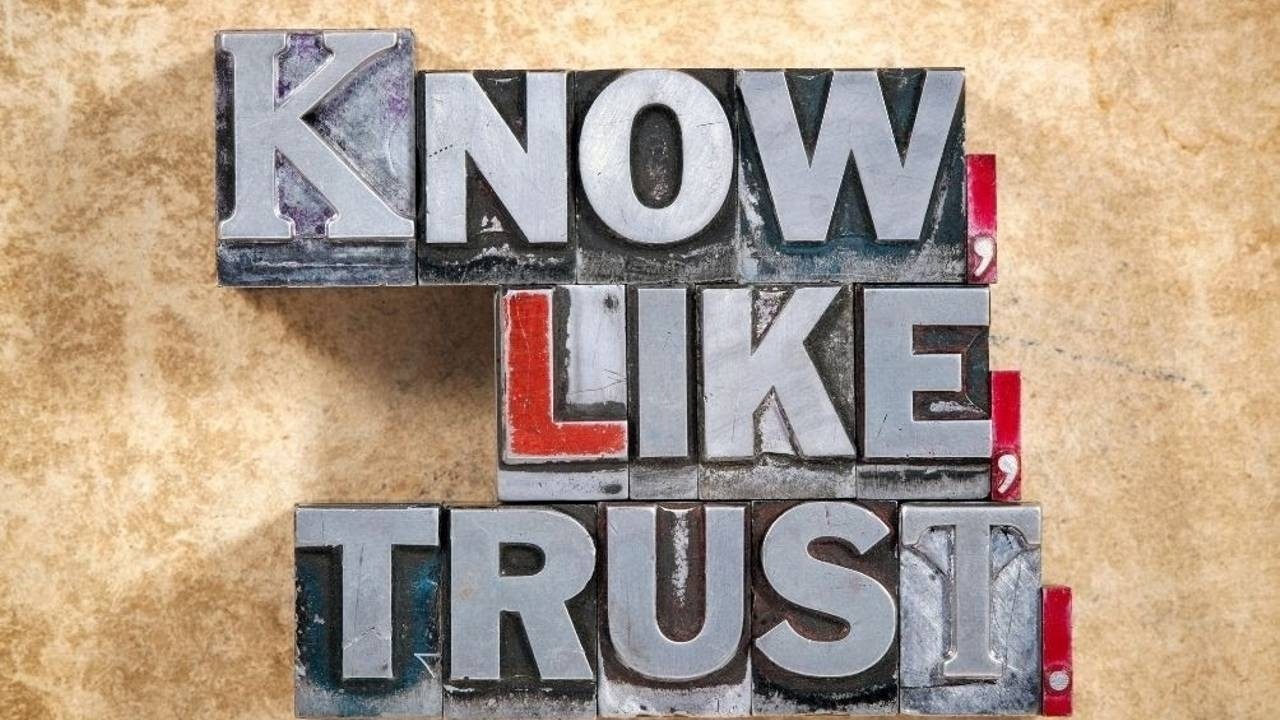One Thing I’ve Learned After Helping Aspiring Entrepreneurs for the Majority of My Career.

Too busy to read this blog...well I’ve got your back friend. I’ve recorded an audio clip, so you can listen to it easily.
>>Listen Here<<
I’ve spent the majority of my marketing and communications career helping businesses launch new products and services, as well as grow and scale their businesses.
I’ve done everything from helping businesses improve customer satisfaction, employee engagement, brand messaging, public relations, advertising and sales, research and development, and market and customer acquisition.
I’ve also launched my fair share of ideas. Some that have done really well, and others not so much.
And there is one thing I’ve learned about new and aspiring entrepreneurs, and that is they often quit too soon. Meaning they don’t give their ‘idea’ enough time to flourish.
Heck, maybe you haven’t even launched your idea yet.
Raise your hand if you resonate with that?

No shame there at all!
In the past, I’ve ditched ideas that didn’t even have a chance to grow because I had the belief things weren’t happening quick enough. It’s that need for instant gratification (or overnight success).
It’s looking at your favorite guru who seemingly has it all figured out, and comparing your journey to theirs.
But what you see on the surface is merely a glimpse at where they are now in terms of success, and not how they got there.
Ask any successful entrepreneur, and they’ll tell you the journey was longer than a few nights of banging an idea around and filled with rejection, judgment, and challenges.
Take the Dyson brand for example. You know the ‘now’ famous vacuum brand. Well, James Dyson’s rise to success didn’t happen overnight. In fact, it took him building more than 5000 prototypes in a backyard shed and being rejected (or ignored) by the big vacuum brands.
Can you imagine if he quit after a few prototypes?
I can’t!! I love my Dyson vacuum cleaner.
But it wasn’t finally figuring out how to create a prototype that worked or trying to get a big vacuum brand to support him that led to his success. It required his commitment to bring his idea to market, but also develop what we now know as the Dyson brand. It’s building the know, like, and trust factor among the audience.
If Dyson had launched a shitty product his audience (i.e., me) would soon dislike and distrust the brand. So it’s important to remember that just because you launched your product or service and you aren’t experiencing instant success doesn't mean what you have to offer isn’t good.
It just might mean you have to give your audience time to know, like, and trust what you have to offer. And for each individual customer, this journey looks differently. For some, this can happen very quickly, and for others it takes time.
So if you’ve launched your idea (or you’re still waiting) know that instant fame isn’t something to strive to achieve.
The key to successfully launching, growing, and scaling your business is, firstly knowing what stage of business you are in so that you are applying the proper strategies; and secondly focusing on building the know, like, and trust factor among your audience.
The four stages of business are:
1. Launch (Startup): This is when the business launches new products or services. Expect lower sales to start, but higher startup costs. Marketing is geared towards building awareness among the target audience and communicating what makes them different.
2. Growth: At this stage, the business experiences rapid sales growth and increased profit. Marketing is geared towards promoting the products or services while ensuring customer satisfaction is high.
3. Maturity: The business has reached a maturity phase when you are established in the market. Sales are steady but will start to plateau. The marketing efforts in this stage require you to maintain your current market share.
4. Decline: At this stage, you'll start to see a decline in sales if new, innovative ways of reaching your audience aren't considered. Marketing should focus on continued growth (or maintaining) of your product or services.
At each stage of business, the marketing efforts might look different but they all rely on continually building the know, like, and trust factor. But it's extremely important in the early stages.
And I am sharing how to do that on an upcoming episode of the Coach’s Co-Pilot podcast. I’ll share the episode once it’s aired, but in the meantime check out the other episodes.
Also, for more real business tips follow me on Instagram, Facebook, Twitter, and LinkedIn.

